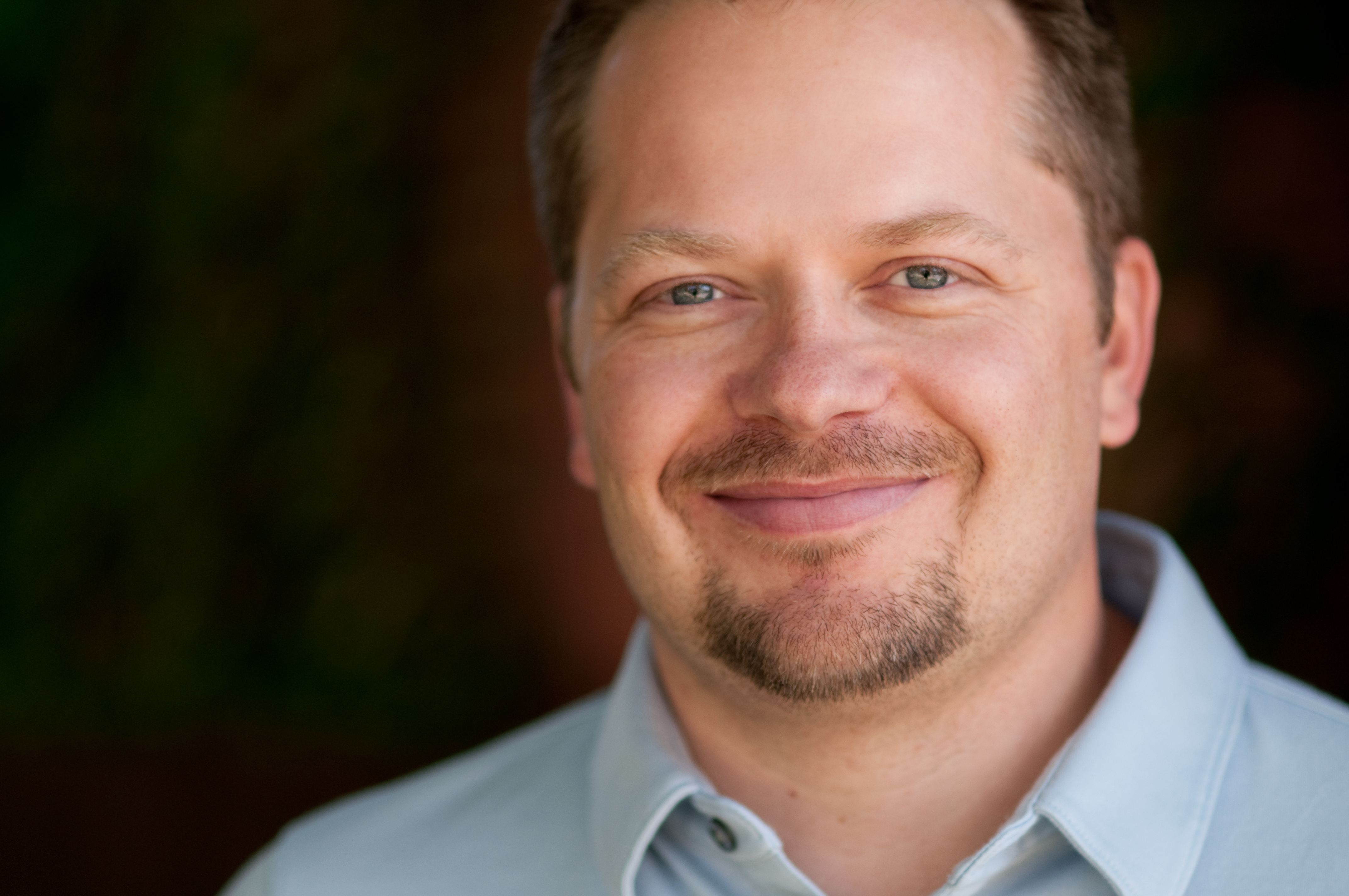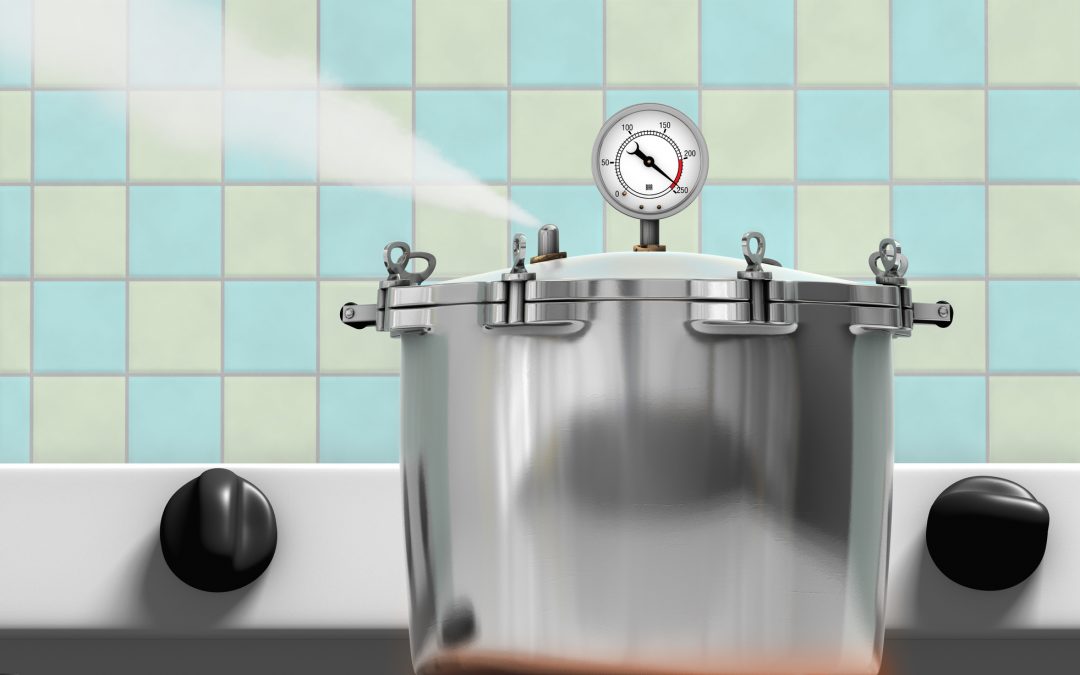Addiction is often fueled by self neglect. In the midst of our busy lives, we tend to let the little things that we need to do in order to take better care of ourselves slip away.
We neglect our needs for a variety of reasons. “I am too busy,” or “It takes too much effort to pamper myself. I feel guilty when I spend time and energy on me.” We all have excuses; however, we must make the effort to care of ourselves, because the consequences of not doing so can be dire.
The Pressure Cooker
When I was growing up, my mom would sometimes make a pot of beans in the pressure cooker. Everyone was warned to stay away from the pot, because it might explode. The pressure regulator on top of the pot would shake and hiss as it released steam, warning everyone to stay away. We called it the “jiggler.” I envisioned the pot exploding, spraying beans skyward as the entire roof of the house was blown off. (I had an active imagination.)
Far too many of us live in a pressure cooker, but we don’t regulate ourselves and release the excess pressure. We neglect ourselves to the extreme, which can lead to an explosion of addictive behavior. We act out sexually, we overeat, and we max out our credit cards, to name a few of our addictions. Self care is our “jiggler,” the best way to release the pressure build-up inside.
Often, our cravings for connection with God are ethereal and indefinable. We want something tangible to connect with, so we turn to sex or food or some other material item instead of the Creator of the Universe, who can meet our every need.
Going Through the Motions
As a young Christian growing up, I learned many of the tools to maintain a healthy, spiritual life. I was to read my Bible, go to church, pray regularly, and serve others. It was not too difficult to accomplish each of these tasks, but I found it challenging to actually involve my heart and my soul with them. Mostly, the activities were merely “going through the motions.”
In his workbook, Facing the Shadow, Patrick Carnes has a list of 8 areas to consider when attempting to resist addictive cravings. First, under the heading, “Develop Spiritual Strategies” he says, “Number one on almost everyone’s list is the development of a spiritual base-a calm center, which helps you resist turmoil on the periphery.” When we are at peace with ourselves and with God, we are more likely to turn to Him when we are in need, rather than to our addictions.
When we have kept God at a distance, it can be challenging to reconnect with Him. Personally, when I am struggling with temptation or have given in to whatever the temptation is, I find it more difficult to connect with God. When I am in sin, I am also usually dealing with self hatred and feelings of unworthiness. I struggle with feeling like I need to clean myself up before I can go to God with my pain and sin.
In James 5:16, we are encouraged to bring others into our struggle. “Therefore confess your sins to each other so that you may be healed. The prayer of a righteous person is powerful and effective.” I have found that the best, quickest way for me to work through my self-flagellation is to go to a trusted friend and tell him or her what is going on.
The Daily Examen
To stay current and connected with God, through the good times and the bad, I was introduced to an exercise by a pastor whom I meet with regularly. It is called the Daily Examen and consists of four parts: Gratefulness, Confession, the Knock, and Sitting in the presence of God.
- Gratefulness is a time of thanking God for the things He has done in our lives and for the blessings He has given. I find this exercise helpful because I seem to focus much time and energy on the things I am lacking. This raises my awareness of the good things that God has done for me and increases my trust that He will continue to bless me.
- Confession is an opportunity to review our hearts and our motivations. We are used to confessing some sins (the most obvious ones), but sometimes we ignore the small stuff and miss out on a growth opportunity. When I confess my impure motives, my road rage, or being judgmental, I am giving God the chance to change my heart and asking Him to help me change my behavior.
- In Revelation 3:20 we read “Here I am! I stand at the door and knock. If anyone hears my voice and opens the door, I will come in and eat with him, and he with me.” The Knock is a time to stop and listen to God’s call to us. What is He asking me to do today? Sometimes, He is reminding me to be present to Him throughout my day. Other times, He is asking me to go to someone and make right something that I have done wrong.
- Sitting in the presence of God is not about doing anything. It is about “being.” God is beckoning us, “Be still and know that I am God…” (Psalm 46:10). This is the most difficult part of the Daily Examen for me, because when I still myself, my mind wants to take off in a thousand directions. We are blessed to have a patient God, who will wait there for us to return our thoughts to Him.
I encourage you to take care of your spiritual needs. God created each of us with a hunger to know Him. It is through Him that we shall find healing and our freedom from addiction.

Roger Jones
Executive Director
In the spring of 1995, the conflict Roger felt between his faith and his sexuality, as well as an addiction to pornography, led him to WGA. His personal journey has provided him unique insights into sexuality and the pain of adversity, which he shares through his testimony, facilitation of small groups, writing and public speaking.
Roger began working with WGA in October of 1996 as the Assistant office Manager. Since that time, he has worn many hats and served in several different positions, including Assistant Program Director and Operations Director. In April of 2007, Roger assumed the position of Executive Director.
Roger attended West Texas A&M University, where he studied Music Business. Much of his training has been “on the job,” where he was mentored by the ministry’s Founder, Mary Heathman, and the Program Director, Scott Kingry. He holds a BA from West Texas A&M University.
Roger, his wife Jill, and their daughter Julia and son William, attend Celebration Community Church where Jill serves as Associate Pastor.


“When we have kept God at a distance, it can be challenging to reconnect with Him. Personally, when I am struggling with temptation or have given in to whatever the temptation is, I find it more difficult to connect with God. When I am in sin, I am also usually dealing with self hatred and feelings of unworthiness. I struggle with feeling like I need to clean myself up before I can go to God with my pain and sin.”
That is precisely where I was last year. I felt so stuck and ashamed. Things got so bad that I had my rope ready. Lots of prayer from a few select people who knew how ill I was, the porn addiction and the bad depression was what got me through.
I came to realise that I was powerless and needed some special help. I began going to a Christian counsellor, but as good as that was, I could not make any real progress because I was not willing to be honest about my sexual sin which had by that point gone beyond pornography to adultery. The excuses I was making about it all being because of a bad rollercoaster ride with my Bipolar, were just not true. Certainly, I made it worse but was not the main reason. A know now that I was addicted and am now a recovering addict.
In a desperate state and hoping to deal with the pornography, I found a Sex Addicts Anonymous group near me. I am now 6 months sober and completely honest about my ‘sickness’.
I know it may sound to you that I was thinking I needed to clean myself up before going to God, but I have been in such an insane place that I needed to deal with my ‘drug’ before I could stop crying in the presence of God. I had been weeping in church for 4 or 5 months and towards the end, unable to sit through a service or be with Christians.
For me I am convinced the 12 Steps of SAA have been the treatment God provided for me to be able to approach the throne of grace again.
I am beginning to walk with God again. My faith is very weak, but it is enough. I am still damaged and God is gradually healing. He is choosing to do it in his timing. I would wish for an overnight miracle but He has other plans, which I am sure will lead to me being prepared as a servant to others who suffer.